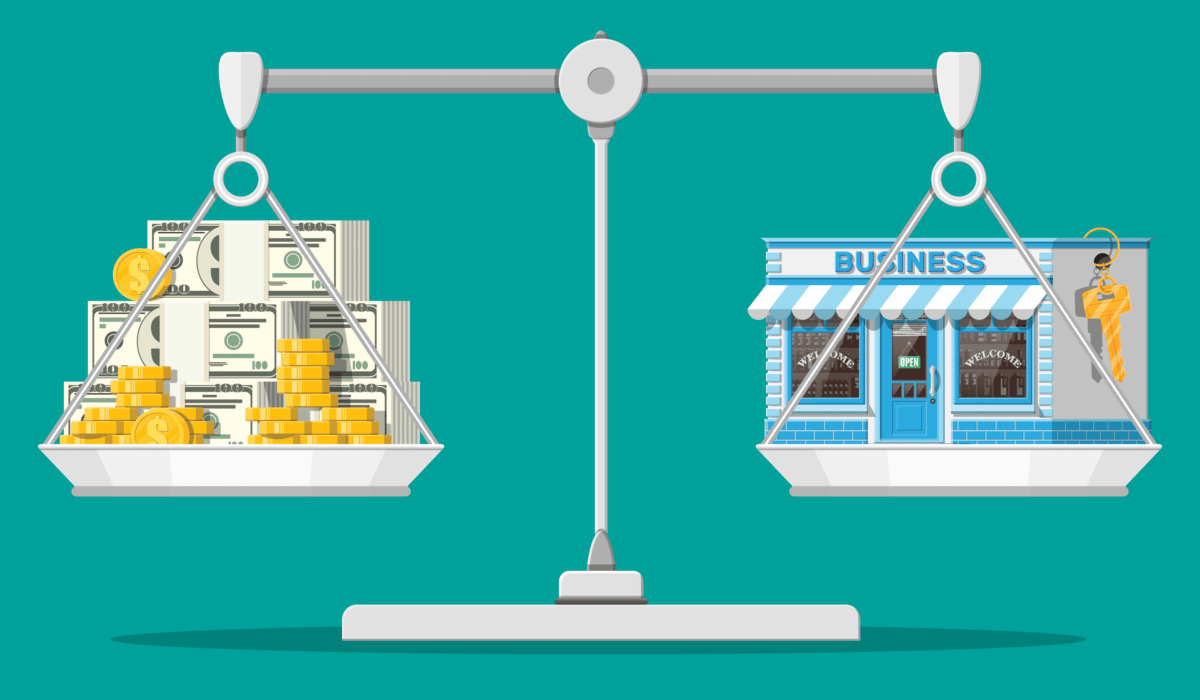In the intricate world of business, understanding various financial concepts is crucial for success. One such concept that often arises in discussions of company valuation is "goodwill." Goodwill in business is not only a term used in accounting; it represents a company's reputation, customer relationships, and overall brand value. These intangible assets can significantly affect a company's financial health and market position. So, what exactly is goodwill in business, and why is it so essential for both buyers and sellers in the marketplace?
Goodwill encompasses aspects of a business that are not easily quantifiable, such as the loyalty of customers, the quality of the workforce, and the strength of the brand. These factors contribute to a company's ability to generate future profits, making them critical for investors and company valuations. Understanding goodwill in business definition is vital for anyone looking to invest or engage in a business transaction, as it can represent a substantial portion of a company's total value.
In this article, we will delve deeper into the concept of goodwill in business, exploring its definition, importance, and how it is calculated. We will also address some common questions surrounding goodwill, providing a comprehensive understanding of its role in the business world. By the end of this article, readers will be equipped with the knowledge necessary to evaluate goodwill and its implications effectively.
What is Goodwill in Business Definition?
Goodwill in business definition refers to the intangible assets that a company possesses, which contribute to its overall value. These assets are not physical items, but rather elements that enhance the company's ability to generate future profits. Goodwill can include various factors such as:
- Brand reputation and recognition
- Customer loyalty and relationships
- Employee expertise and skills
- Business location and facilities
Why is Goodwill Important in Business?
Goodwill plays a significant role in business for several reasons:
- Valuation: When a company is sold, goodwill can represent a considerable portion of the selling price, reflecting the intangible assets that contribute to its profitability.
- Investment Decisions: Investors often look at goodwill when evaluating potential investments, as a strong goodwill position can indicate a company's long-term viability.
- Competitive Advantage: Companies with strong goodwill enjoy a competitive edge over their rivals, as customer loyalty and brand reputation lead to sustained sales.
How is Goodwill Calculated?
Calculating goodwill involves a straightforward formula. It is determined at the time of acquisition and is typically calculated as follows:
Goodwill = Purchase Price - Fair Market Value of Net Assets
The fair market value of net assets includes tangible assets such as inventory, property, and equipment, as well as identifiable intangible assets. Any excess amount paid over this value is attributed to goodwill.
What are the Types of Goodwill in Business?
There are two primary types of goodwill in business:
- Purchased Goodwill: This type arises when a company acquires another business for a price greater than the fair value of its net assets.
- Inherent Goodwill: This type is generated internally and reflects the company's strong brand, customer relationships, and other intangible assets built over time.
How Does Goodwill Affect Financial Statements?
Goodwill is recorded on the balance sheet as an intangible asset. It is important to note that goodwill is not amortized like other intangible assets; however, it is subject to annual impairment tests. If the carrying value of goodwill exceeds its fair value, an impairment loss is recorded, affecting the company's financial statements.
What are the Challenges of Valuing Goodwill?
Valuing goodwill poses several challenges, including:
- Subjectivity: The value of goodwill is largely subjective, as it relies on estimates and assumptions about future cash flows.
- Market Fluctuations: Changes in market conditions can impact the perceived value of goodwill, making it difficult to maintain an accurate assessment.
- Intangible Nature: Since goodwill is intangible, it can be challenging to quantify and assess its value accurately.
How Can Businesses Enhance Their Goodwill?
Companies can take several steps to enhance their goodwill, including:
- Improving Customer Service: Providing excellent customer service fosters loyalty and enhances a company's reputation.
- Investing in Branding: A strong brand presence can increase recognition and trust among consumers, driving sales.
- Building Employee Engagement: Happy and engaged employees contribute to a positive work environment, enhancing the company's overall reputation.
What Role Does Goodwill Play in Mergers and Acquisitions?
In mergers and acquisitions, goodwill is a critical consideration as it can significantly impact the purchase price. Companies acquiring others often pay a premium to account for the goodwill associated with the target company. Understanding goodwill in business definition is essential for both buyers and sellers, as it can influence negotiations and valuations.
Conclusion: The Significance of Goodwill in Business
In summary, goodwill in business is a vital concept that represents the intangible assets contributing to a company's overall value. Understanding the goodwill in business definition helps investors, buyers, and business owners recognize its importance in valuation, competitive advantage, and long-term success. By enhancing goodwill, companies can improve their market position and drive sustainable growth. Ultimately, goodwill serves as a key indicator of a company's health and potential for future profitability.
Article Recommendations
- The Ultimate Guide To Seann William Scott From Stifler To A Star
- Jules Ari The Ultimate Guide To Her Music Career And Legacy
- The Notorious Case Of Thomas Sullivan A Murder Most Foul
:max_bytes(150000):strip_icc()/Goodwill-Definition-6b68b9485c394cb185b3097a8558a25e.jpg)

